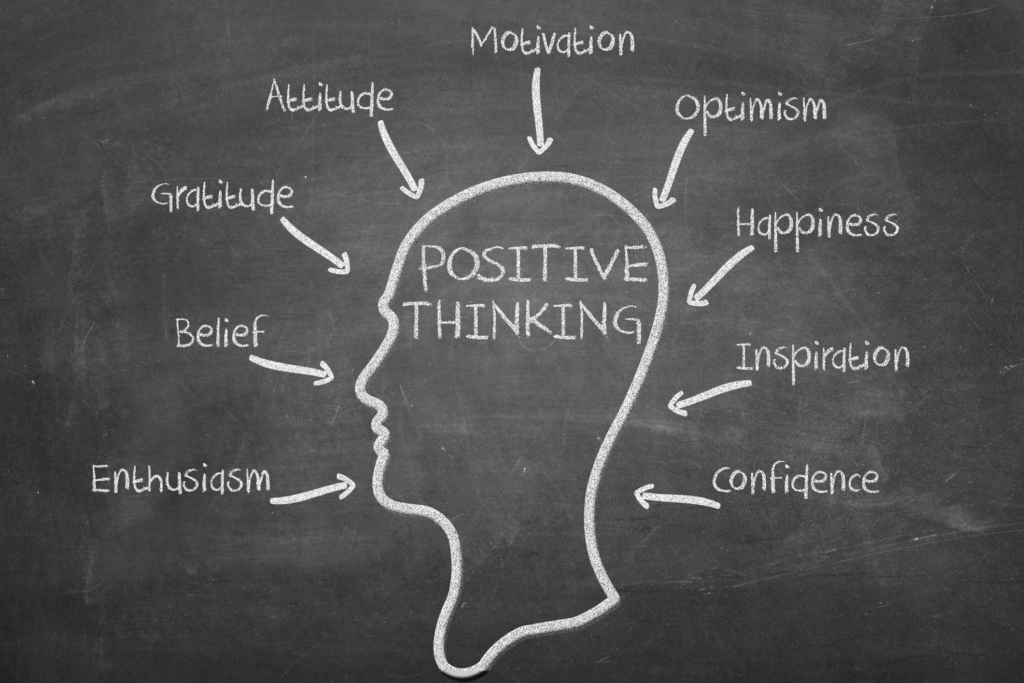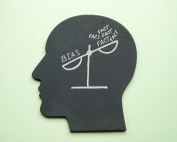Acknowledging Your Feelings

When you are first diagnosed chronic kidney disease (CKD), it can change the way you see yourself and create feelings of anxiety, disbelief or denial. These feelings are normal and perfectly okay to experience. In addition, acknowledging that you feel this way can be the first step towards controlling these thoughts. You are still the person that you see in the mirror that is a parent, a friend, a son/daughter, brother/sister, and you aren’t the condition that you have been diagnosed with. Ignoring these feelings though could lead to additional problems down the road.
Mental Health and Chronic Health Disorders
Just because you have anxiety or experience mood changes, doesn’t mean you have a mental health disorder. As we know, mood swings happen and can be influenced by many things like a long line at the post office or someone cutting you off in traffic. However, there is a link between mental health and chronic health disorders. According to The National Institute of Mental Health, an estimated 26.2% of Americans suffer from mental disorders and 68% of adults with mental disorders also have chronic medical conditions. Mental disorders and chronic medical conditions can go hand in hand. Please do not feel ashamed if you are having any mental health symptoms; as the number above illustrates, you are not alone.
Even though patients with kidney disease are at an increased risk for mental health issues, the numbers that are reported are likely still low due to underreporting and missed diagnoses. Out of the 26% of Americans who suffer with mental disorders, an estimated additional 8 million are still walking around undiagnosed. This could be due to many factors, but the negative view of mental health disorders at least plays a role in this.
Since mental health and chronic diseases are closely related, it is important to note that having a chronic disease can increase symptoms of mental disorders and can also lead to the development of another chronic disease. Positively, most mental health conditions are highly treatable, and treatments can range from talking to others in a support group to receiving medications and other professional services.
Effects of Untreated Mental Conditions
The potential effects that may occur if you have an untreated mental condition could be:
- Difficulty engaging in physical activity – One of the symptoms of mental condition is fatigue. If you are suffering from this symptom it will make it hard to participate in healthy, physical activity.
- Trouble complying with your medication regimen – Non-compliance to treatment is recognized as a problem for people with a mental health condition. Estimates of poor adherence range from 40-80%. If you do not take your medication properly, your treatment will not be as effective.
- Eating healthily – When your mental state is compromised, you are less likely to make healthy food choices. This has the potential to lead to poor nutritional status.
- May alter your immune system function – If you are stressed, your body’s hormonal response alters your immune system function and increases your susceptibility to becoming ill. This can lead to a decline in serum albumin levels in patients with ESRD and lead to increased conditions and death in ESRD patients.
- Can diminish quality of life – Having a mental health condition can mean that you have a chemical imbalance in your brain, and therefore your overall mental state is comprised. If your brain is not happy, you are not happy, and it will make it difficult for you to have a positive outlook on life. This can affect your ability to make good life choices.
- Can lead to longer condition duration – When your mental state is comprised, your medical regime may not be consistent, and your immune system can be negatively affected. If this happens, it will be more difficult for you to improve your outcome.

Having a positive mental status can allow you to have a better attitude or perspective about your diagnosis and can really help improve the results of your kidney treatments. Positive thinking has been attributed to longer, healthier lives in people with chronic conditions and reduce stress, which can decrease the chances of having additional medical problems.
There is no shame in feeling frustrated or down about having kidney disease. These feelings are completely normal, and the additional pages in this section will help walk you through steps towards diagnosis, provide tools to reduce any negative feelings and empower you to take control of your treatment.












